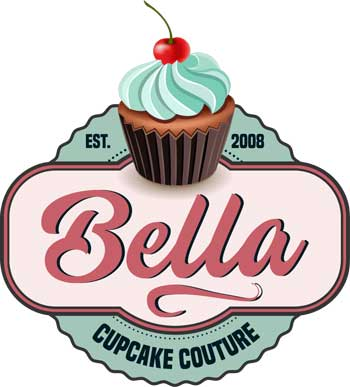
Pastry brushes are useful small brushes with soft bristles and are used in the kitchen to brush sauces, oils, or glazes food items that can be both sweet and savory. They are used to give you better control over the ingredients you add and help you spread even coating. Though their primary use is for baking, they are used for many things as well. However, your trusted pastry brush can be overworked and needs some extra TLC. And what better way to express your care than to give them a good wash. To help you with this, here are some tips on how to wash pastry brushes.
What is a Pastry Brush and Where to Use It?
A pastry brush is also known as a basting brush. There is not a huge difference between the idea of “baking” and “roasting” since both use a method of convection and heat to cook products. Pastry brushes are useful for applying glazes, sauces, oils, and other liquids to recipes before and during the cooking process. Using your baking brush provides you better control over the ingredients you add. Plus, it helps you spread coating evenly for a consistent result in a way that’s clean and efficient.
The best piece of bread achieves its golden-brown crust from a melted butter or an egg wash that is spread on top before they are baked inside the oven. Or when you want to grease the pan, using a brush helps you do it cleanly and quickly. When you added too many herbs and spices or seasonings, you can dip your brush in the water and run over your dish to remove the extras. With all these things that you are doing with your brush, you have to know how to wash pastry brush.
How to Wash Pastry Brush by Hand
- Wash the brush directly after use. If you are too busy in the kitchen, at least soak it in warm water until you have the time to clean it properly. This process will prevent the liquid ingredients from hardening.
- Run the brush under hot water and easily rub bristles with dishwashing detergent. Remove oils as quickly as possible as they can turn the brush rancid and will make the brush unfit for use.
- Keep an eye on the base of your baking brush to ensure that no food or grease remains stuck in between the bristles and the handle.
- Rinse the brush thoroughly and sanitize it with sanitizer.
- Leave it in a clean and dry place to dry.
How to Maintain Your Brush?
Proper cleaning and maintenance are easy and will not only lengthen the life of your pastry brush but can also stop the spread of bacteria and prevent foodborne illnesses. Brushes with plastic handles are super easy to wipe down and clean. However, those brushes with wooden handles must be meticulously hand washed to guarantee they stay clean and fresh.
Animal hair pastry brushes, on the other hand, must be appropriately washed by hand, but those synthetic brushes are dishwasher safe. When cleaning your brushes this way, make sure to set them securely in the dishwashing machine so that they won’t be damaged. Dry them as fast as possible to prevent rust if your brush has any metal parts.
When to Replace Your Pastry Brush?
You have to know how to wash pastry brush to lengthen the time that you can use your brush. However, replacing this beloved item is inevitable. Shedding bristles, particularly if you’re using an animal hair food brush, is a significant indicator that you need to get a new brush. Serving food with bristles in it can be a major issue.
If your brush is also torn, stained, melted, or otherwise, bristles that are damaged will limit your capacity to apply liquids. The bristles should be evenly spread and flat for optimal use. Brushes in contact with cooking oils become stale over time. This is because cooking oils left for a long on the brush break down and decompose; this results in a sour odor or taste that can transfer to your food. Get more tips on pastry brushes.
Conclusion
If you love baking and making pastries, then you definitely need a flexible, soft, fine-haired pastry brush to give those pie crusts, biscuits, and puff pastries that shiny golden finish, which a spoon, a butter knife or a new toothbrush cannot provide. Or if you want to gently flick excess flour off your rolled-out dough or wipe crystallized sugar or grease a pan, a pastry brush will surely do the trick.
Thus, taking care of your pastry brushes is an essential task every baker must remember. Your trusted pastry brushes can be overworked most of the time. Therefore, they need to have some extra care and attention. Washing or cleaning your pastry brushes will not only prolong their life but, at the same time, prevent the spread of bacteria and foodborne diseases. Learning these very simple tips on how to wash pastry brushes will give you that boost of confidence and preserve those trusted handy baking tools longer than you’d expect.
